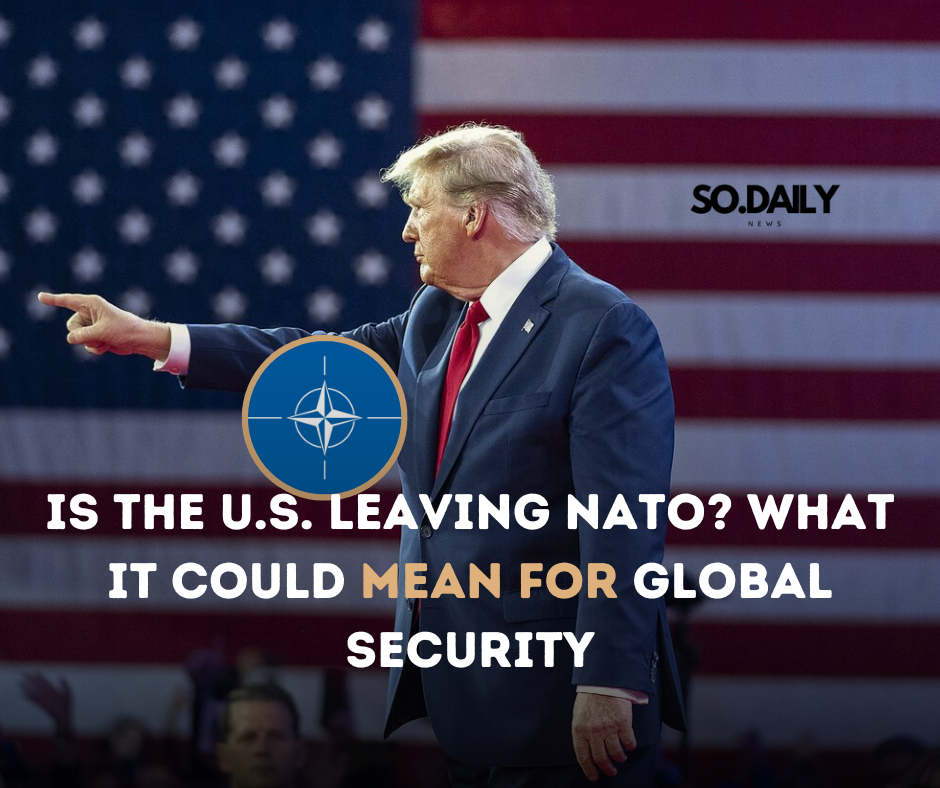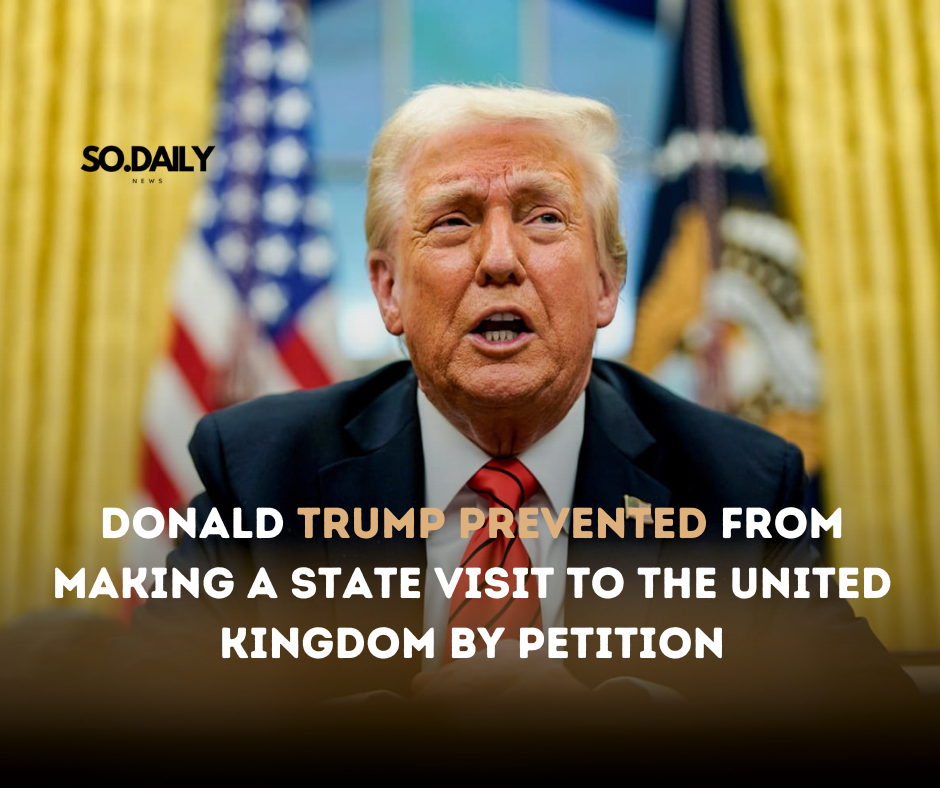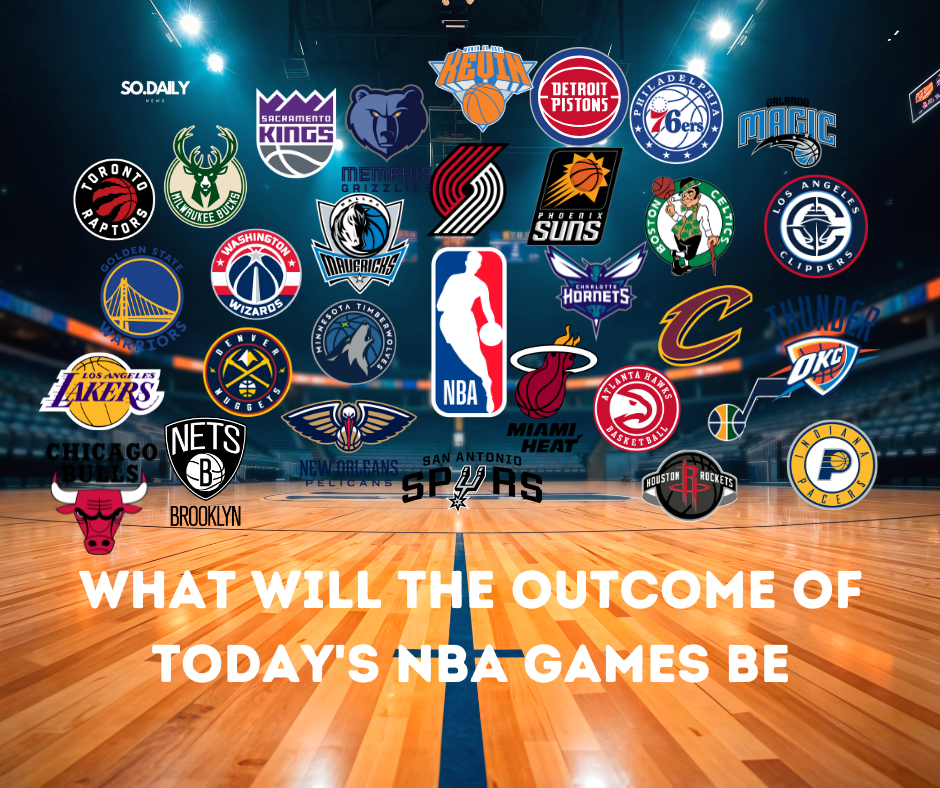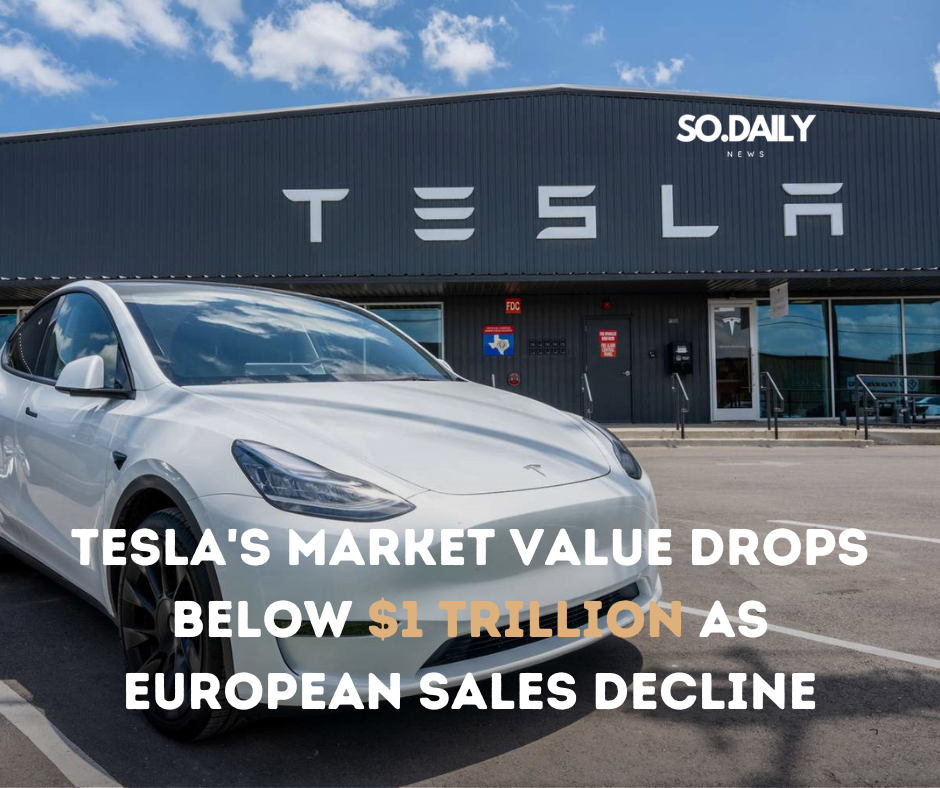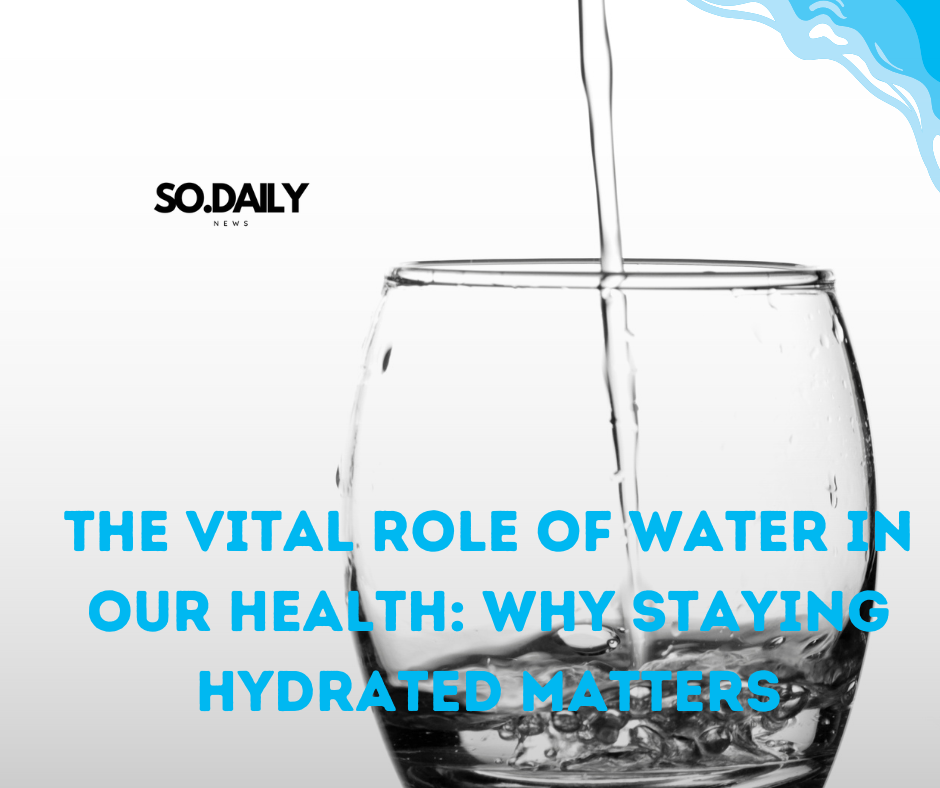Recent discussions have reignited speculation about whether the United States could withdraw from NATO, a move that would have far-reaching consequences for global security and international relations. While such a decision is far from certain, high-profile figures and political tensions have pushed the topic into mainstream debate.
One of the more surprising voices advocating for a U.S. exit from NATO is tech entrepreneur Elon Musk, who recently expressed support for the idea on social media. Musk’s comments align with sentiments from some U.S. lawmakers, including Senator Mike Lee, who has introduced legislation aimed at pulling the country out of both NATO and the United Nations. These opinions represent a broader isolationist trend among certain political factions in the U.S., which argue that continued military alliances drain national resources and entangle the country in unnecessary conflicts.
At the same time, tensions between former President Donald Trump and Ukrainian President Volodymyr Zelensky have contributed to growing concerns over America’s role in NATO. During a recent visit to Washington, Zelensky reportedly had a heated exchange with Trump, underscoring divisions over the U.S. commitment to Ukraine’s defense against Russian aggression. In response, European leaders, including U.K. Prime Minister Keir Starmer and NATO Secretary General Mark Rutte, have begun discussing the formation of a “coalition of the willing”—a group of European nations that would provide Ukraine with continued military and financial aid, with or without the direct support of the United States.
Despite these debates, the legal process of withdrawing from NATO is complex. The National Defense Authorization Act for Fiscal Year 2024, passed in December 2023, explicitly prohibits the President from unilaterally pulling out of NATO without approval from Congress or a two-thirds majority in the Senate. This legislation was introduced as a safeguard against the possibility of an abrupt withdrawal under an administration skeptical of NATO’s value. However, legal experts continue to debate whether such a law could effectively prevent a determined President from leaving the alliance, given the broad authority the executive branch holds over foreign policy.
Public opinion in the United States has historically favored NATO membership. A 2019 Pew Research Center poll found that 77% of Americans believed NATO was beneficial for the country. The alliance, originally established in 1949 to counter Soviet expansion, has evolved into a crucial pillar of Western security, deterring potential threats and coordinating military efforts among member states. Advocates argue that the cost of NATO membership is a small price to pay for the stability it provides, while critics claim that the U.S. shoulders an unfair burden in funding the alliance.
If the U.S. were to withdraw, the ramifications would be immense. NATO’s security structure heavily depends on American leadership, and a withdrawal could weaken collective defense efforts, embolden adversaries like Russia and China, and create uncertainty among European allies. While European nations have strengthened their defense budgets in recent years, most experts agree that without U.S. support, NATO’s deterrence capabilities would be significantly diminished.
For now, the prospect of a U.S. exit from NATO remains largely hypothetical. The current legislative barriers and strong public support for the alliance make withdrawal unlikely in the near future. However, with political divisions deepening and isolationist rhetoric gaining traction in certain circles, the debate over America’s role in NATO is far from over. Whether the U.S. continues to uphold its leadership position in the alliance or moves toward a more isolationist stance will depend on political shifts, upcoming elections, and global security developments in the years ahead.
